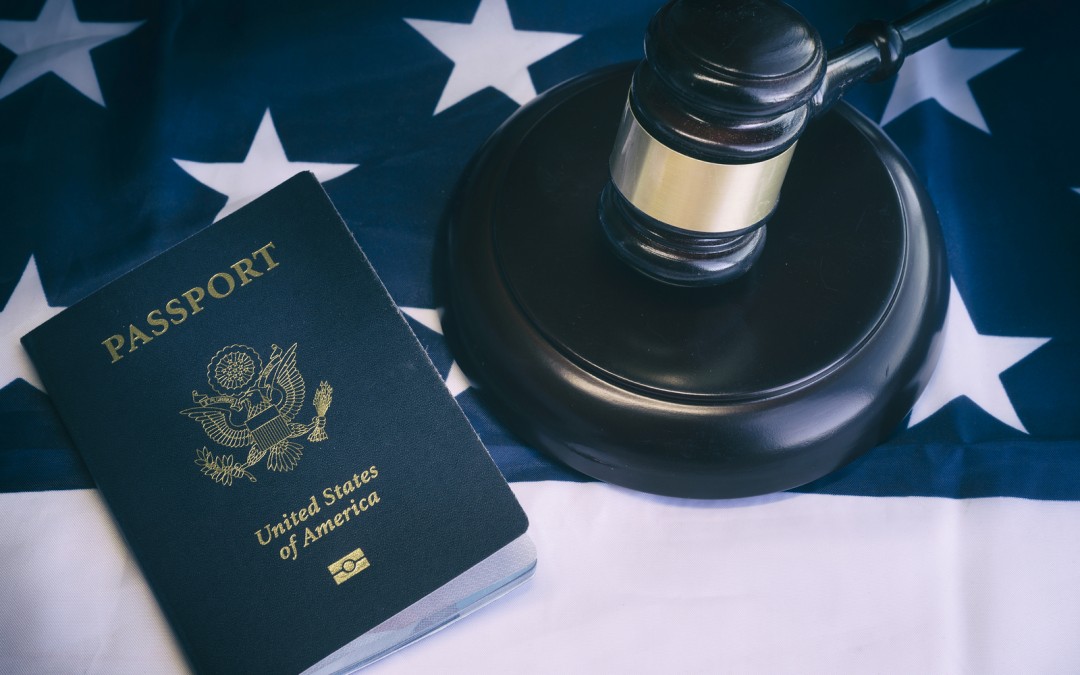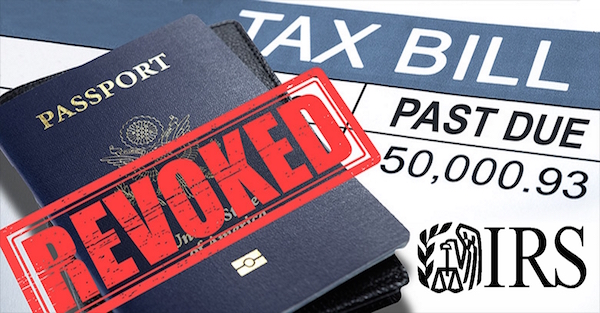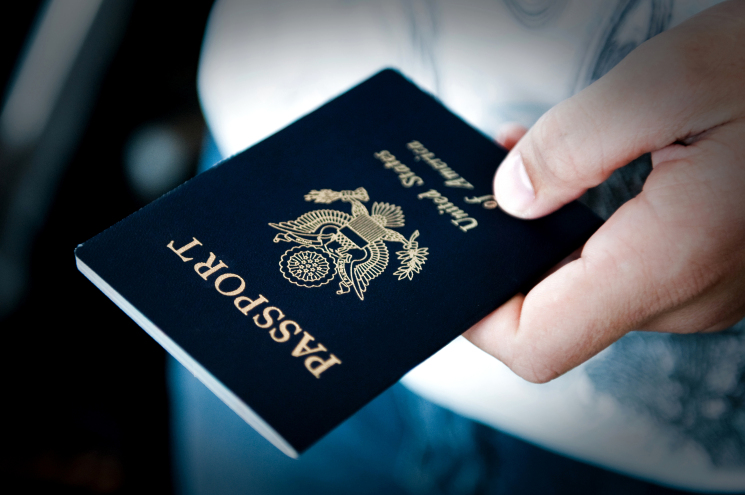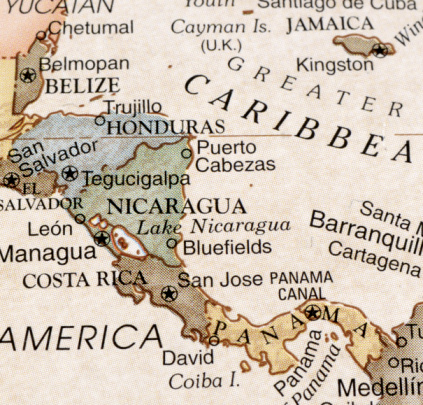Expats, the IRS is Coming for your Passports
Back in December I told you the IRS has the power to revoke your United States passport for past due debts. Now I’m telling you that the IRS has begun its attack on American expats… that the battle for your passport on… that the IRS has set the field and the first shots are about to be fired.
Here’s my original article: Warning: The IRS Can Now Revoke Your Passport (posted December 9, 2015)
To read the bill that takes away your freedom of movement, see: H.R. 22 – Fixing America’s Surface Transportation Act, the “FAST Act (signed by Obama on December 5, 2015)
As you read my comments below, remember that a United States passport is a privilege, not a right. Your government can take it away from you for any reason it sees fit.
The IRS has begun working with US Embassies and Consulates around the world to deny and revoke passports of Americans abroad who have not filed or owe the IRS. If you are living outside of the United States, the IRS is coming for your passport.
Per this post from the The United States Embassy in Brazil, as of October 1, 2016, anyone attempting to renew their passport through the Embassy will be required to provide a Social Security number. That number will be used to review your IRS records before approving a passport renewal.
This means that, anyone who owes more than $50,000 to the IRS will be denied a passport. If you’re caught by local authorities without a passport, or overstaying your visa, you will be removed from the country and returned to the United States to face the collector.
It also means that anyone who has not filed their tax returns will likely have their passport renewal denied. Here’s how they will take your passport for not filing:
The law says your passport can be revoked or denied if you owe more than $50,000. When the IRS finds out that you are abroad and have not filed, they will prepare a Substitute for Return for you. They’ll estimate your income and assets and all manner of penalties, such as FBAR and offshore financial statement, and generally guesstimate a tax bill for you.
The resulting “substitute” balance due will certainly exceed $50,000. Thus, the Service will withhold or revoke your US passport for failure to file after inventing that phantom tax bill. You will be left with one option – return to the United States and negotiate a settlement.
It should be clear to everyone that the US IRS is waging a war on expats. The government wants to limit your freedom of movement and your right to live, work, invest, and hold money where you see fit.
Assuming you’re not the type to bow down, bend over, and be herded back to the United States like a lamb, what can you do to protect your right of self determination? What can you do if your United States Passport is revoked by the IRS?
You must have a passport to travel from place to place and live in any country outside of the United States. Also, a valid passport is often the only acceptable form of identification. Without it, you won’t be allowed to open bank accounts, transact business or execute wire transfers.
The best way to protect yourself from your own government is to buy a second passport. Many small nations sell citizenship and second passports. If you have a second passport, you have a safety net regardless of what happens with your US passport.
Here are a few of the best second passport options for Americans. For a more complete list, see: 10 Best Second Passports and Citizenship by Investment Programs For 2016
- The best value today is second passport from Dominica, which costs about $140,000 for a single applicant.
- If you have $500,000 to $550,000 to invest, then a second passport from St. Lucia might be for you.
- If money’s no object, then take a look at Malta, an EU passport at about $1.2 million.
As you can see, a second passport is expensive. The next best option is to become a permanent resident of your country of residence. For example, if you’re living in Panama, you can become a permanent resident by investing $20,000 or setting up a business in the country.
Becoming a permanent resident will allow you to remain in the country no matter what happens with your US passport. But, a few words of warning:
- You won’t be able to travel outside of your country of residence without a passport.
- You won’t be able to renew your residency (if applicable) without a valid passport.
- You must complete the residency process before your US passport is revoked or expires.
Buying a second passport can be completed in about 90 days once your documents are submitted. Becoming a permanent resident is usually completed in stages, often requiring a 2 year period as a temporary resident.
I also note that both of these processes will require a clean report from the FBI. Click here for more on how to request this report. Typical processing time is 60 days.
Considering how aggressive the IRS has become in the last year, and the time it takes to process residency or a second passport, I suggest anyone concerned with the IRS, or the state of our government, should take action immediately. Once your US passport is gone, it’s too late to protect yourself or your family.
I hope you’ve found this article on the IRS coming for your passport to be helpful. For more on how to buy a second passport, or obtain residency in Panama or Mexico, please contact me at info@premieroffshore.com. All consultations are confidential and free.










Leave a Reply
Want to join the discussion?Feel free to contribute!